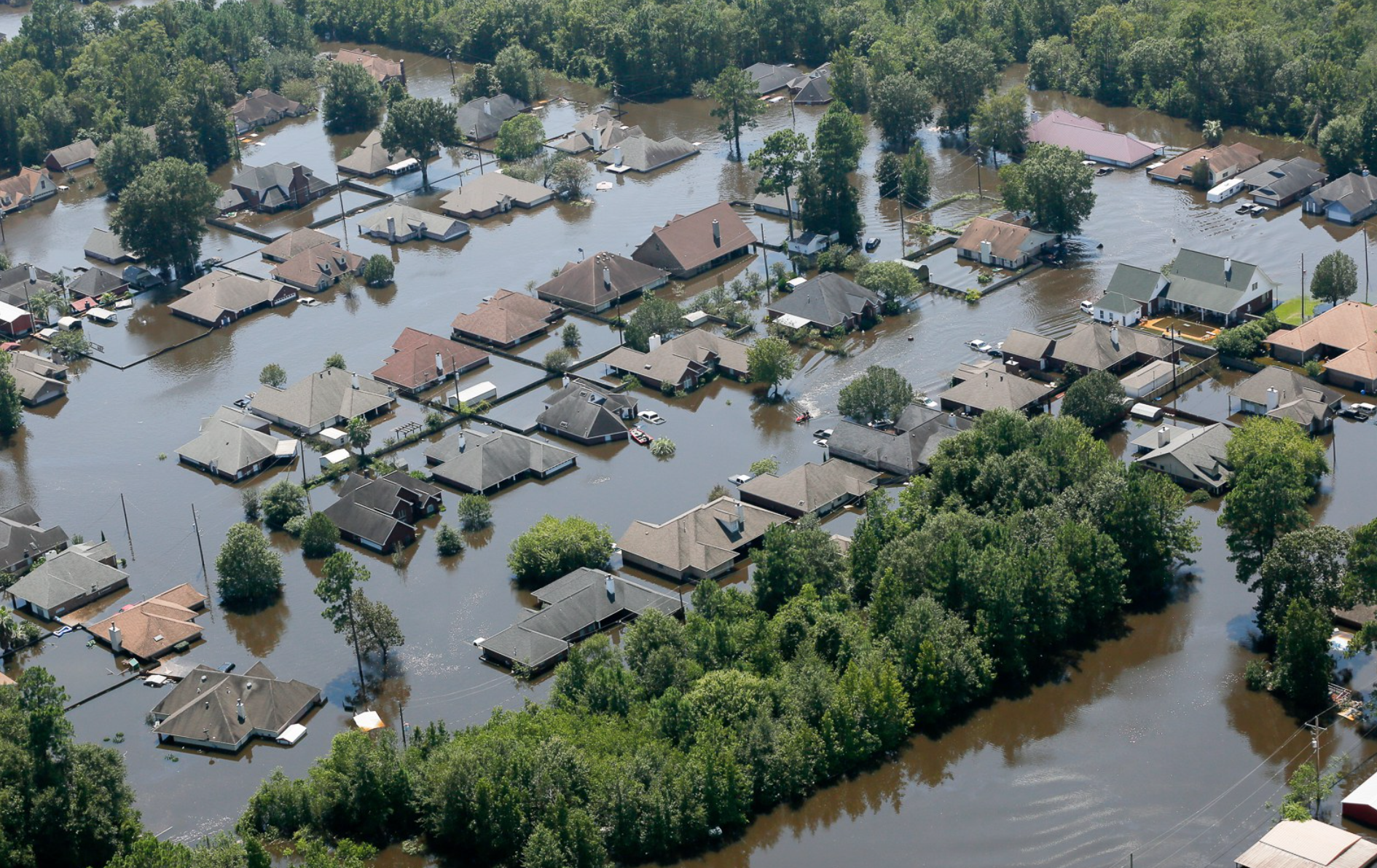New Orleans Mayor Mitch Landrieu is counting the days until his term is up. Not because, after eight years in office, he's anxious to move on. And not because he has a book out soon reflecting on race and his support for the removal of the city's Confederate monuments. He counts the days because it's one of the first pieces of advice he received from former New York City mayor Mike Bloomberg: manage your time.
Looking back on his eight years in office, and his time as Lieutenant Governor before that, Landrieu shared that advice and other lessons Wednesday evening at the Kinder Institute Forum held at the Museum of Fine Arts, Houston. In a gathering that felt, at times, like an intimate conversation among friends, Landrieu thanked Houston for its role in relocating evacuees after Hurricane Katrina, praised Mayor Sylvester Turner's efforts following Hurricane Harvey and offered four principles that he said guided his time in office.
- "Run to the fire, not away." This lesson came from another piece of advice Landrieu said he received from Bloomberg: do the hard things first. "On the city level, we mayors and you citizens do not have the luxury of having ideological battles that don’t yield a result," said Landrieu, "because you get wet and your house gets destroyed or somebody doesn’t pick up your trash." Mayors, Landrieu said, have to confront and address the city as it is, not as it wants to be. This is particularly true after an event like Hurricane Katrina, which was a very different storm than Hurricane Harvey, when, he said, New Orleans asked itself, "are we really the great city that we thought we were?"
- "Don't build it back like it was, build it back better or the way it should've been." The experience of Hurricane Katrina, said Landrieu, forced government officials to rethink everything from healthcare to schools to the airport. "We took a moment to kind of look at ourselves and say, 'We're not going to rebuild it back the way it was.'” The storm was like "a magnifying glass," he said, "it showed us for what we were." Not all of the moves the city made in the wake of the storm have been greeted as universally positive. The transformation of the local schools, for example, to charter schools has been touted as a success. But some question the metrics used to measure that success and the level of displacement of children that it required. "I'm not necessarily recommending it to you," said Landrieu Wednesday evening. "Every system is different, the point is we looked at our system.”
- "Be patient but hurry." Calling the period after a storm "suspended agony," Landrieu said it was important to spend time in that state and to have tough discussions. "In the growth of Houston," he said, "you actually have to think about zoning and you have to think about building codes and you have to think about resilience." He mentioned regulations that would require new developments to build higher off the ground or use stronger materials, echoing a push underway from Houston's mayor to adopt new development regulations. "You have to give your elected officials permission to tell you things you don't want to hear," said Landrieu.
- "God's hard to beat...in other words, weather is really tough." Houston, Landrieu insisted, is a coastal town. And while it isn't confronting all the problems currently facing New Orleans, like a disappearing coast, it will, he said. "The people of Houston had lived this beautiful myth of being the greatest engineers in the world," said Landrieu. Though much of that engineering worked for the city, with the intensification of storms thanks to climate change, he said more innovation was needed. "What is coming our way now is bigger and worse than used to be," Landrieu said.
The mayor ended on a hopeful note, citing the ways in which neighbors and strangers helped each other in the wake of devastating storms. But inside the night's discussion of resiliency and leadership lessons was a challenge, one New Orleans is still confronting and one Houston must confront as well.
"If you don’t build a recovery so that everybody comes along," Landrieu said, "you're not just leaving them behind, you're leaving yourself behind."

